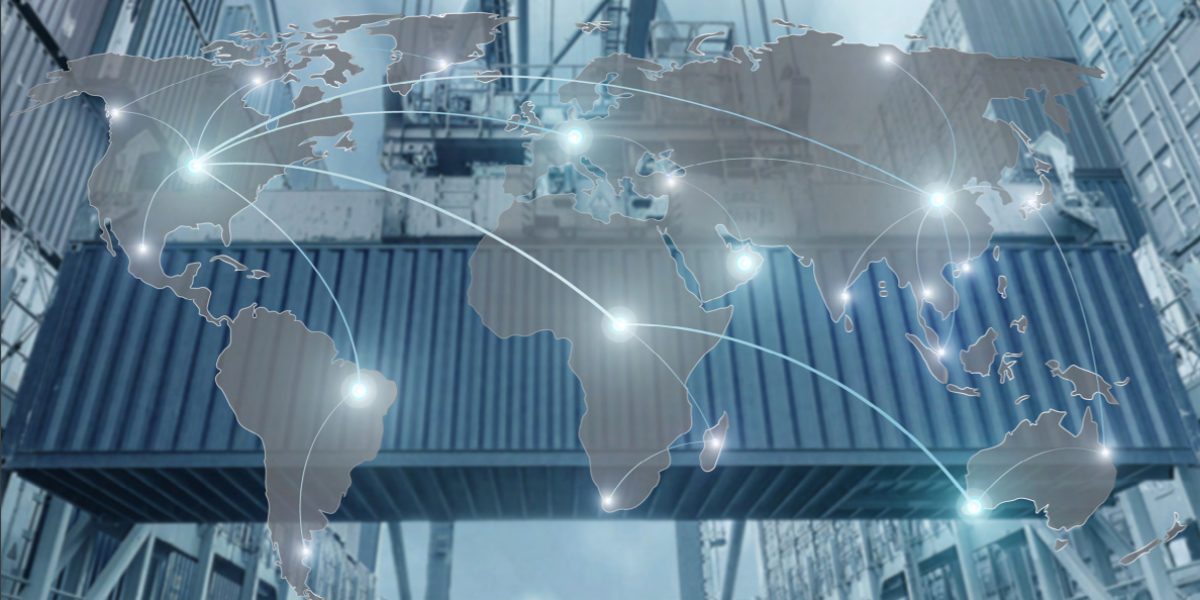This can be seen today in the rapid growth of the digital economy, broadly defined as the use of digital technologies to facilitate business transactions, including production, exchange and consumption, and encompassing e-commerce, digitally delivered services, online payments and digital media. These shifts are likely to intensify in the coming years with new technologies that are emerging on the back of these earlier developments, such as artificial intelligence, cloud computing and autonomous vehicles. The associated rise of ‘digital trade’, defined as the use of digital tools to exchange goods and services across countries either through digital intermediation or digital delivery, highlights the growth of information, products, services and financial flows exchanged through the Internet and underpinned by global data flows.
The economic implications of the growth of digital trade are yet to be fully understood. Today, the three major economic powers – the US, the EU and China – are engaged in what can be described as an arms race to dominate these ‘industries of the future’. While the US was the early pioneer in the digital field, China has achieved rapid catch-up as a result of a highly interventionist industrial policy. The EU, for its part, is attempting a different path to digital development, driven by a fear of being left out of these new technological spaces.
In this context, developing and emerging economies face a serious challenge. On the one hand, the digital economy provides an opportunity to leapfrog and achieve economic and technological catch-up through using digital technologies and building capacities in the digital economy. On the other hand, these technological shifts threaten to widen the technological divide, with advanced economies making ongoing catch-up efforts ineffective. As such, developing and emerging economies need to understand these shifts and integrate digital policies into their industrial and economic development strategies.
This digital gap between developing and developed countries is often referred to as the ‘digital divide’. While originally discussed in terms of Internet connectivity, a contemporary digital divide might be better conceptualised as the ability of developed countries to shape the direction of technological change and reap most benefits of these shifts, illustrated in the way advanced economies are rapidly dominating the digital economy and digital trade.
Firms from advanced economies are developing new digital technologies and benefitting from first-mover advantage and network effects to dominate emerging economic sectors. As a result, instead of empowering developing countries, digital changes are threatening to further weaken their position in global value chains in terms of control, value creation and value capture. Often this is exacerbated by the practices of leading digital firms that shift profits between different jurisdictions, affecting public revenues in many developing countries.
This discussion paper aims to provide an overall framework for examining these challenges in more detail. We first highlight the overarching economic shifts taking place as a result of digital transformation and their impacts in developing and emerging economies. We then provide a framework for systematically analysing these policies and establishing the basis of the subsequent research, looking at both policies that support markets in enabling digital trade and digital catch-up policies. While policymaking in this area is still nascent, through exploring policy activity across countries we are able to highlight a range of policies undertaken. From this analysis, we conclude that case studies of Brazil and from the Association of Southeast Asian Nations region can provide broader insights on policymaking in this area.








